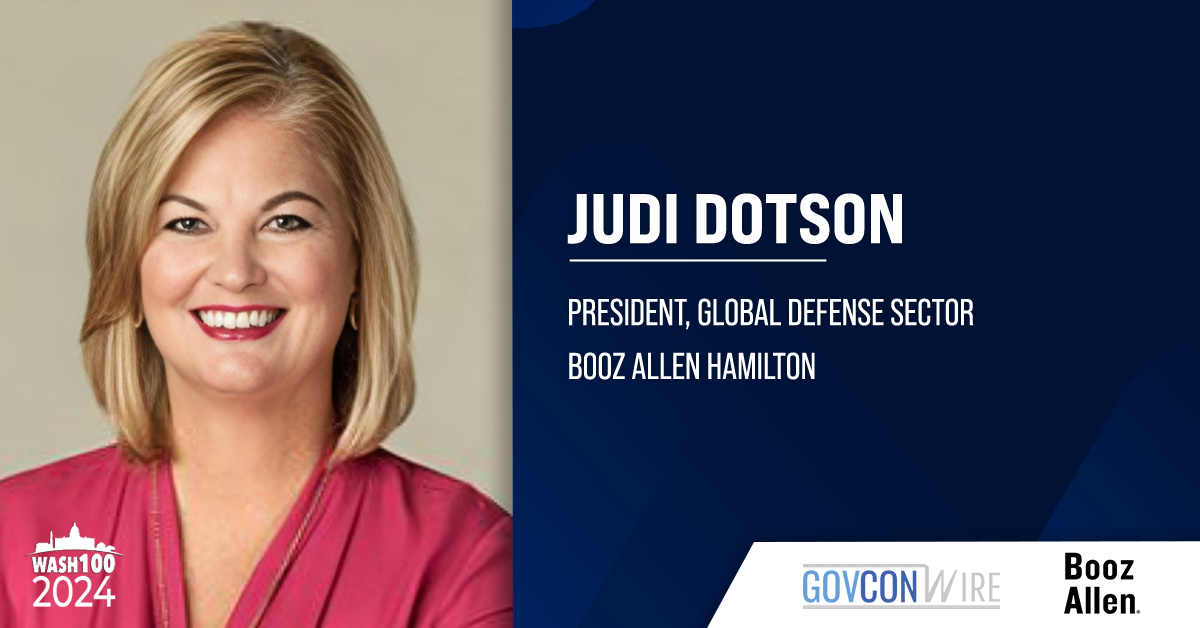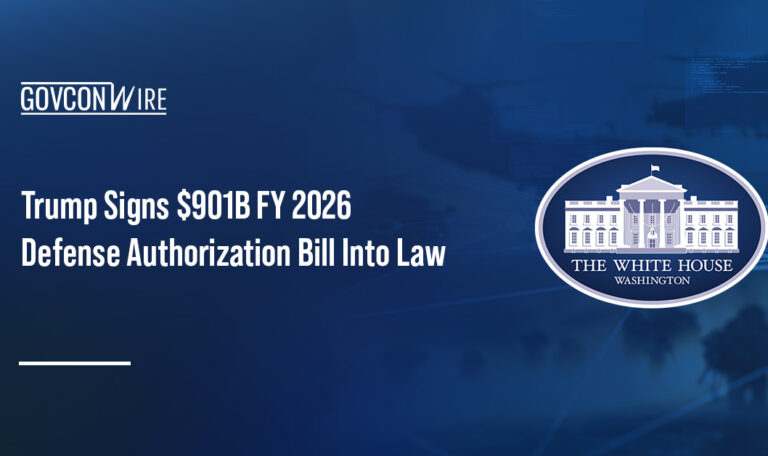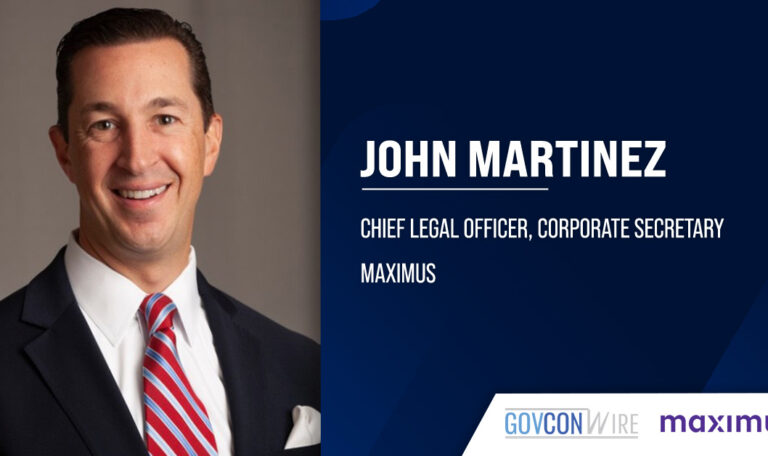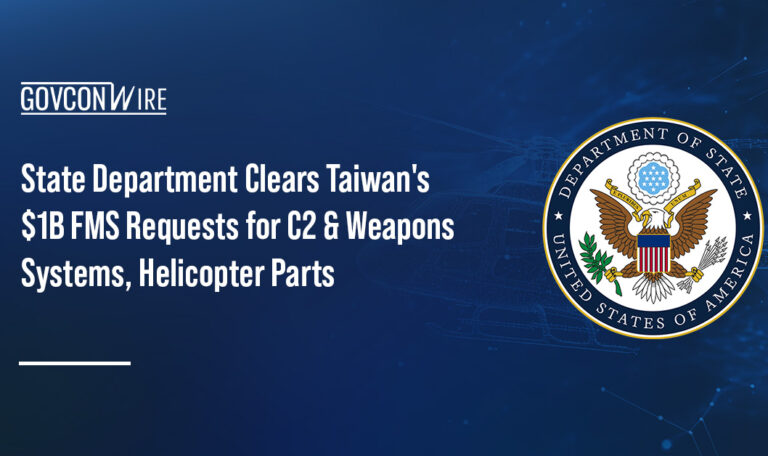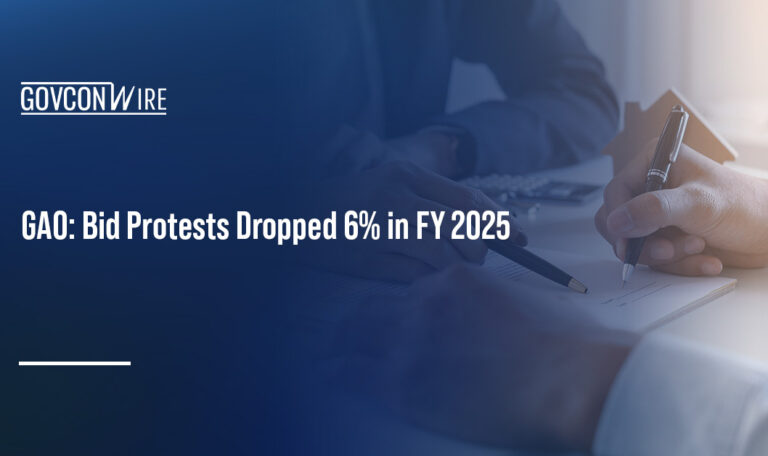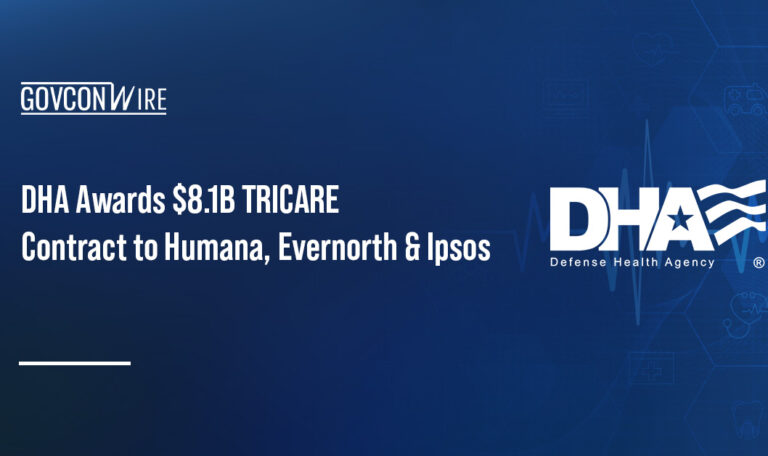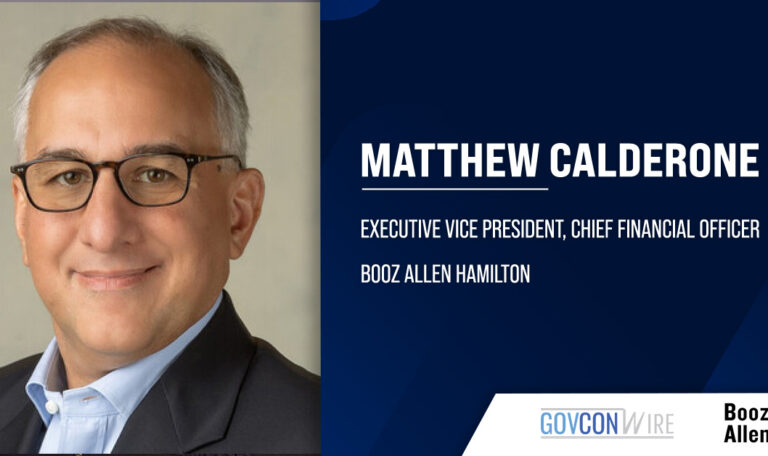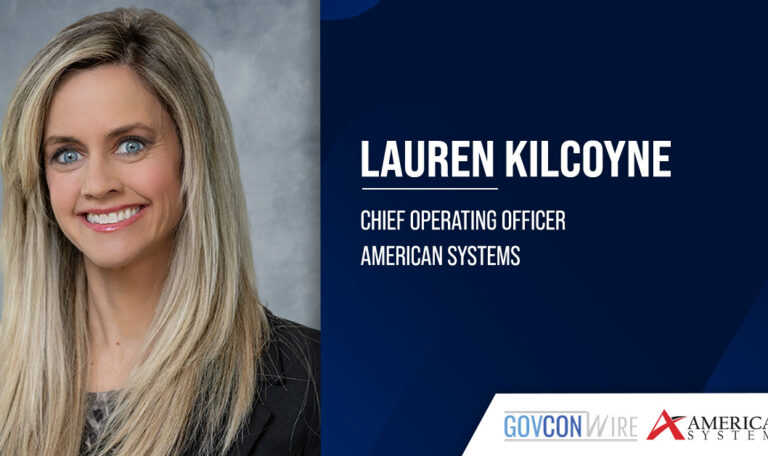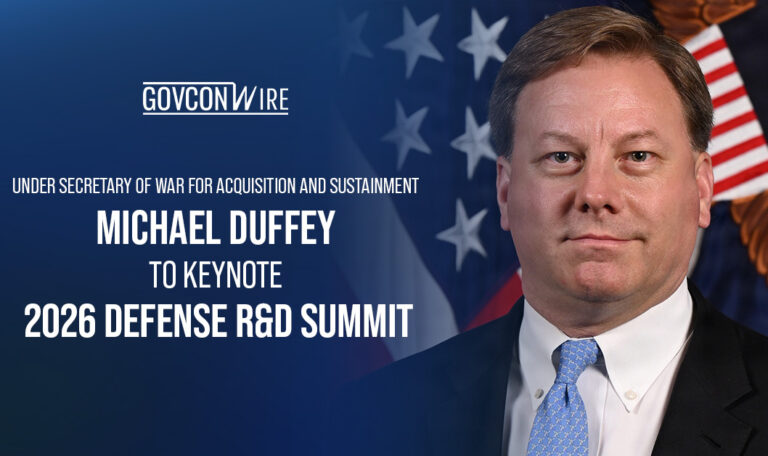Today’s complex defense landscape is shaped by growing geopolitical tensions, the meteoric rise of advanced technologies and an intensifying global competition. In Executive Mosaic’s latest video interview, reporter Summer Myatt sat down with Judi Dotson, president of the global defense sector at Booz Allen Hamilton, to learn more about how these factors are changing defense and how U.S. government and industry leaders are adapting to them.

Get an inside look at the trends moving global defense at the 2025 Defense R&D Summit hosted by the Potomac Officers Club on Jan. 23. Attendees will get the unique opportunity to hear defense insights from decision makers within the DOD, NGA, NSA and military branches. Register today for the 2025 Defense R&D Summit to save your seat at this must-attend event.
Harnessing Rapid Tech Advancements
“Technology is evolving so quickly, it’s disrupting every industry. This isn’t unique to defense,” said Dotson, a two-time Wash100 Award winner.
The Booz Allen executive noted that the defense industry has historically been on the leading edge of “world-changing” technologies. But as other industries catch up, Dotson recommended a more integrated, cross-industry approach.
“While defense continues to drive and be a leader, the technology industry is making great strides with the huge investments that they’re putting into place. Taking advantage of all of that and bringing all that together is certainly a focus that we have heard loud and clear from the Department of Defense,” she shared.
Collaboration between the public and private sectors is also key, especially with the looming threat of falling behind in the great power competition. U.S. defense leaders agree that the People’s Republic of China poses the greatest pacing challenge to the country, and Dotson pointed to this competition as a major area of focus for government and industry leaders alike.
“With respect to the PRC, we like to talk about it as a continuum from competition to conflict. While we’re not in full-blown conflict, we certainly are in competition, and that also drives a lot of things that we think about as a country.”
Taking Full Advantage of AI
Artificial intelligence has taken the world by storm in the past couple of years. Looking beyond the buzzword, AI has the power to truly transform a myriad of industries, including defense. But Dotson says we still have a ways to go in order to see that change become a reality.
“Clearly, there is so much potential and absolute need for us to use artificial intelligence in our operations to achieve the scale that we need for both kinetic and non-kinetic capabilities. But to get there, to really take full advantage of AI and make sure that we are maximizing the benefit, there’s work that needs to be done,” Dotson said.
Some of the work has already been started, Dotson acknowledged, but there are still cultural and educational changes that need to happen within the defense landscape to really be utilizing AI to its highest potential.
Getting the Data Right (and Understanding It)
As the foundation of all AI models, technologies and systems, data has become a top priority for U.S. leaders. As organizations and federal agencies continue to see massive amounts of data coming in, the need to organize, analyze, understand and use it to drive decisions has become paramount.
Dotson said that for organizations looking to implement AI, ‘the first thing you need to be sure of is that you’ve got the data,” and that the data you have answers your major mission questions.
“The ability to recognize what data needs to come together to meet that critical mission question is something that isn’t always easy to do,” Dotson shared. Some factors that must be considered are the timeliness of the data and the frequency of the updates to the data, among others. And the workforce is one of the most important components of getting those things right.
“When I say you have to look at all that, it really takes a data literate workforce that understands and has a data mindset to take full advantage of that information,” said Dotson.
The Wash100 winner shared that Booz Allen is putting a lot of focus on making sure its workforce is data literate and able to help the company’s customers use tools like AI to their full potential.
Boosting the Nation’s Cybersecurity
“Cybersecurity remains a top concern,” said Dotson. “Increasing incidents of cyber attacks and data breaches — both from state-sponsored and independent hackers — make protecting the digital infrastructure even more challenging.”
Dotson urged the importance of cybersecurity especially in relation to “the veracity of data.”
“This is something that I think all of us worry about,” she said. “Deep fakes are terrifying. You want to be sure that you’re working off real information and information that’s current. And so our best cybersecurity expertise is needed to be able to manage that.”
Watch Judi Dotson’s full video interview for more defense insights and expertise.


